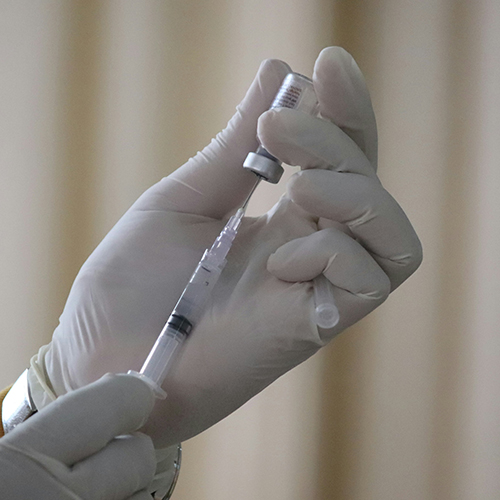Johnson & Johnson: Asbestos Experiment on Inmates Comes to Light
April 27, 2022Blood Test Can Accurately Diagnose Mesothelioma
September 20, 2022 The U.S. Marine Corps Base Camp Lejeune in North Carolina was established in 1942. In 1982, the Marine Corps discovered specific volatile organic compounds (VOCs) in the drinking water provided by two of the eight water treatment plants on base.
The U.S. Marine Corps Base Camp Lejeune in North Carolina was established in 1942. In 1982, the Marine Corps discovered specific volatile organic compounds (VOCs) in the drinking water provided by two of the eight water treatment plants on base.
Before 1986, water from the Tarawa Terrace and Hadnot Point treatment plants contaminated the water at Camp Lejeune with trichloroethylene (TCE), perchloroethylene (PCE), vinyl chloride, benzene, and trans-1,2-dichloroethylene (DCE). The levels of TCE was 280 times higher than the U.S. maximum contaminant level (MCL).
Health effects for TCE
- Kidney cancer
- Non-Hodgkin lymphoma
- Cardiac defects
- Leukemia
- Liver cancer
- Multiple myeloma
- End-stage renal disease
- Parkinson disease
- Scleroderma
Health effects for PCE
- Bladder cancer
- non-Hodgkin lymphoma
- End-stage renal disease
Health effects for benzene
- Leukemias
- Non-Hodgkin lymphoma
- Multiple myeloma
- Aplastic anemia
- Myelodysplastic syndromes
- Miscarriage
Health effects for vinyl chloride
- Liver cancer
- Brain cancer
- Lung cancer
- Soft tissue cancer
- Liver cirrhosis
Other health effects related to exposure to TCE and PCE
- Miscarriage
- Breast cancer
- Cervical cancer
- Esophageal cancer
- Lung cancer
- Hodgkins disease
- Ovarian cancer
- Prostate cancer
- Rectal cancer
If you are a veteran, a family member of a veteran, a civilian, or a dependent of a deceased veteran who served at Camp Lejeune between 1953 and 1987 for at least 30 cumulative days, please contact our attorneys today for a free consultation. It is imperative that your case be evaluated as soon as possible as the current legislation as proposed established a statute of limitations for bringing an action before the Court. As currently written, an individual will have two years after the passage of the PACT (Promise to Address Comprehensive Toxics) Act, or 180 days after the claim has been denied under 28 USC § 2675, whichever is later, to file a claim.











